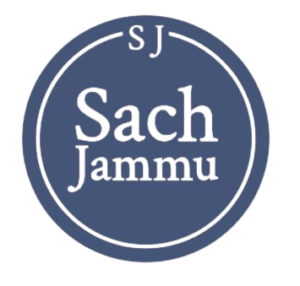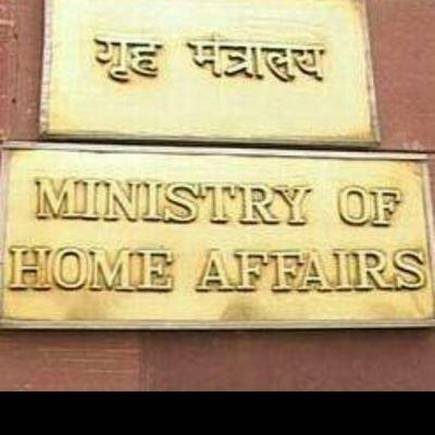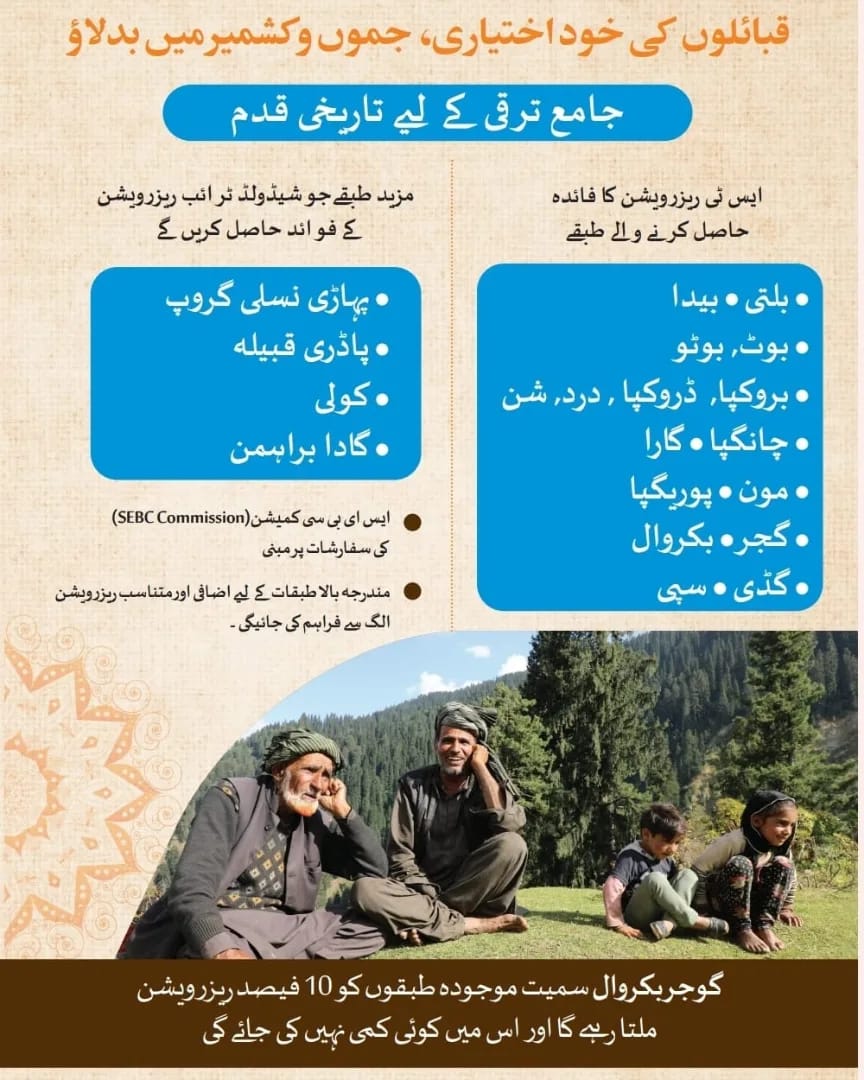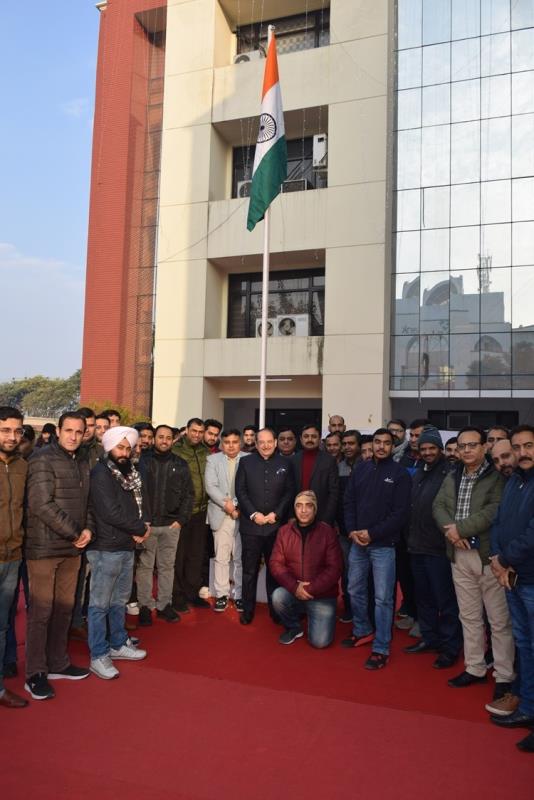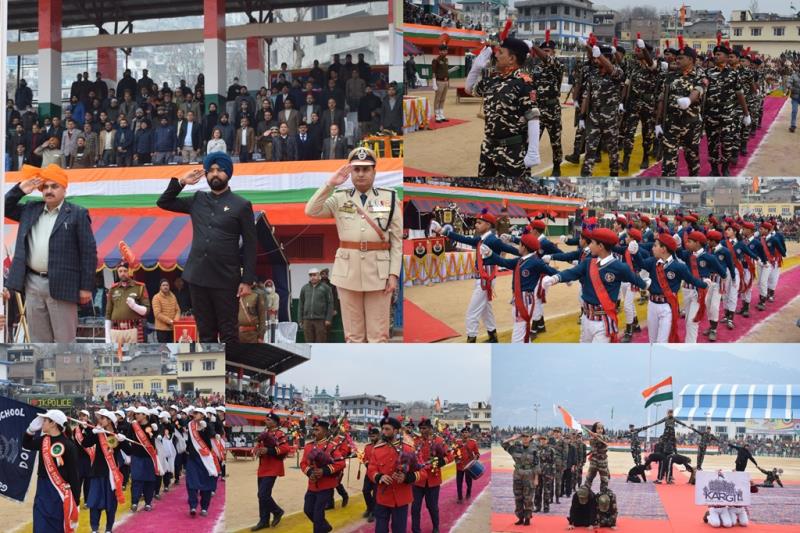The Ministry of Home Affairs (MHA) has amended the Jammu and Kashmir Panchayati Raj Act, 1989, omitting a provision requiring payment of honorarium to panches and sarpanches (village head) in the newly created Union Territory. The amended law also says that Halqa Panchayat shall be required to get its accounts audited by a chartered accountant every year. Halqa means the area comprising a village or contiguous number of villages determined by the government.Section 10 of the 1989 Act on “remuneration to Sarpanch and Panches,” which said every Sarpanch and Panch shall be entitled to such monthly honorarium as may be specified by the government, has been omitted through an order issued by the MHA on Saturday. Currently, a sarpanch and panch get ₹3,000 and ₹1,000 as honorarium respectively.A senior J&K government official told The Hindu that the omission will not affect the remuneration and the panches will continue to get paid.
“The section has been removed for administrative flexibility, so that when the government wants it can increase the honorarium without amending the whole Act. For now, every time it has to be increased, the Act will have to be amended,” said the official.
J&K has been under central rule since June 2018. The special status of the erstwhile State under Article 370 was revoked in August 2019 by the Parliament and it was downgraded and bifurcated into two Union Territories, J&K and Ladakh. The J&K Reorganisation Act, 2019 enables MHA to amend the Union Territory’s laws by issuing an order.
The panchayat elections were held in the former State of J&K in 2018 and as many as 12,776 vacant sarpanch and panch seats, particularly in South Kashmir are still vacant as elections couldn’t be held due to security concerns then. A total of 27,281 panches and sarpanches were elected then.
The amended provisions of the 1989 Act say that the Halqa Panchayat may employ necessary staff for carrying out duties but “Halqa Panchayat shall pay remuneration to such staff out of its own resources.”
The amendment also paves way for creation of District Development Councils in the Union Territory (UT). The DDCs will have jurisdiction over the entire district excluding those areas designated as municipality or municipal corporation.
“Every district will be divided into 14 territorial constituencies to elect members for the body. The DDC shall consist of the directly elected members from territorial constituencies in the district, members of the Legislative Assembly representing a part or whole of the district whose constituencies lie within the district and the Chairperson of all Block Development Councils of the district,” the order, issued after the amendments, reads.
“All members of the DDC, whether or not elected by direct election from territorial constituencies in the district, shall have the right to vote in the meeting of the District Development Council,” reads the amendments.
“But the MLAs will have no voting rights in the case of election or removal of the Chairman and vice-chairman only the directly elected members shall have the right to vote,” it added.
Valley parties wary
J&K parties are wary of the centre’s move and expressed apprehension over reducing the role of MLAs.
“They (the Centre) empower everyone and everything that’s against the idea of political empowerment. This is a step towards uprooting politics in the name of development. If the Centre is sincere, why has it taken away the right to legislate?” Peoples Democratic Party leader Waheed-ur-Rehman Parra said.
Shafiq Mir, the chairman of Jammu and Kashmir Panchayat Conference, said, “The move will have an Assembly member just a spectator in the DDC meeting. He will not have any say.”
A National Conference (NC) spokesman said the party was studying the amendments made to the Panchayati Act and “will come up with an informed response soon”.
